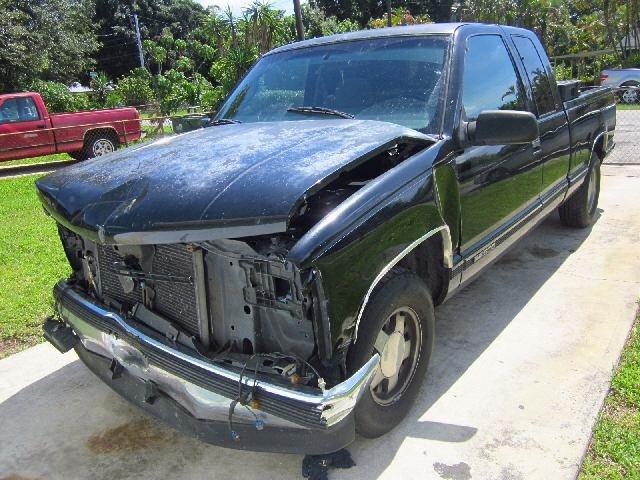Every personal injury plaintiff must plead and prove that the defendant owed and breached a duty of care and that the breach proximately (i.e., foreseeably and substantially) contributed to the specific injury suffered. These are the prima facie elements of a personal injury case.
Whether a duty exists is a matter of law for the court (judge) to determine rather than a factual question for the jury. The duty element of negligence focuses on whether the defendant’s conduct foreseeably created a broader “zone of risk” that poses a general threat of harm to others. See Kaisner v. Kolb, 543 So.2d 732, 735 (Fla. 1989) (citing Stevens v. Jefferson, 436 So.2d 33, 35 (Fla. 1983)). It is a minimal threshold legal requirement for opening the courthouse doors. See McCain v. Florida Power Corporation, 593 So. 2d 500 (Fla. 1992) (In footnote number 1, the court qualified and explained the concept as follows: “Of course, to determine this legal question the court must make some inquiry into the factual allegations. The objective, however, is not to resolve the issues of comparative negligence or other specific factual matters relevant to proximate causation, but to determine whether a foreseeable, general zone of risk was created by the defendant’s conduct.”)
On the other hand, the proximate causation element is concerned with whether and to what extent the defendant’s conduct foreseeably and substantially caused the specific injury that actually occurred. Id. at 502. This is a “much more specific factual requirement that must be proved to win the case once the courthouse doors are open.” Id. at 502. Generally, issues of breach, proximate cause and foreseeability as related to proximate cause are fact questions for the jury, not resolved by summary judgment. McCain and See Springtree Properties, Inc. v. Hammond, 692 So.2d 164, 167 (Fla.1997). Importantly, it is immaterial that the defendant could not foresee the precise manner in which the injury occurred or its exact extent. Restatement (Second) of Torts § 435 (1965). In such instances, the true extent of the liability would remain questions for the jury to decide. McCain at 503.
Continue reading
 Florida Injury Attorney Blawg
Florida Injury Attorney Blawg










